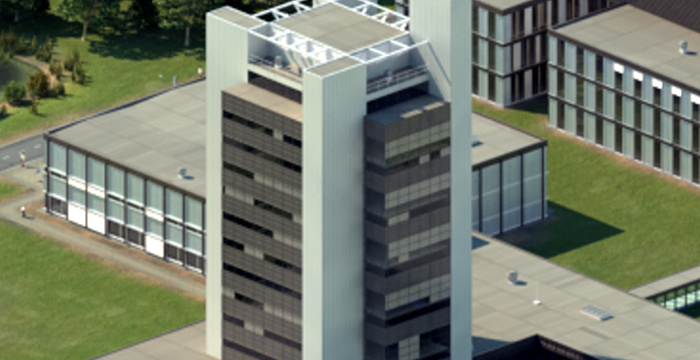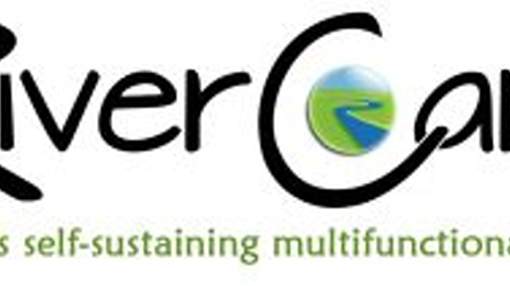My name is Robert-Jan den Haan and I am an assistant professor in the Human Centered Design group (HCD) focusing on supporting multi-stakeholder complex decision-making processes with serious/simulation games to support discussion, collaboration, and deliberation around complex societal challenges, particularly those related to climate change and increasing climate resilience. I focus on the design, use and evaluation of such games as boundary objects that all stakeholders can relate to and that offers a sense of safety to explore and experiment together. with a particular focus on designing interaction methods that, rooted in tangible interaction, beneficially combine physical and digital elements, for example to make computational models interactive, accessible and transparent to a wide range of stakeholders.
With a background in Industrial Design Engineering, I approach the design of such games by first focusing on the decision-making question at hand: the (environmental) system that it concerns, the stakeholders that are/should be at the table, and their interests and perspectives. Following an iterative design process that characterizes human centered design, I engage stakeholders with game prototypes from lower to higher fidelity to evaluate the design and ensure that it meets their needs. I subsequently evaluate the resulting games on to what extent it effectively enables players to collaboratively explore the challenge’s complexity and experiment with possible solutions. Furthermore, I assess to what extent players learn about the (environmental) system, possible management interventions and trade-offs between interventions as well as about how other players view both the problem at hand and its solution.
In my doctoral research, I developed the Virtual River Game, a serious game where stakeholders can collaboratively test and evaluate management strategies in Dutch river management, as part of the RiverCare program (NWO Perspectief). The research shaped his interest in designing interaction methods to enable stakeholders, regardless of their background, to work directly with computational models that otherwise typically stay in the ivory tower of experts. In the Virtual River Game for example, a hydrodynamic models (water flow) that is used in environmental decision-making is incorporated and players engage with it by applying management interventions by changing game pieces on the game’s board that represents a typical stretch of a Dutch river. Model output is subsequently projected on the game board, visualizing the effects on the locations where players made changes. I currently explore new interaction design methods that equally combine physical and digital elements in the SaltiSolutions program (NWO Perspectief) on salt intrusion in deltas.
In addition, I am also a cycling trainer at the university's Sports Center, training and coaching a group of competitive road cyclists from the university's cycling association.
Expertise
Computer Science
- Stakeholders
- Transdisciplinary
- Serious Game
- Models
- Design
- Complexity
- Roles
Earth and Planetary Sciences
- Game
Organisations
Publications
2025
2024
2023
Research profiles
Affiliated study programs
Courses academic year 2025/2026
Courses in the current academic year are added at the moment they are finalised in the Osiris system. Therefore it is possible that the list is not yet complete for the whole academic year.
Courses academic year 2024/2025
Current projects

Salti Solutions
Salt intrusion through urbanising deltas: Solutions
Scaffolding Transdisciplinary Learning in Responsible Challenge-based Education
Finished projects
Address

University of Twente
Horst Complex (building no. 20), room W235
De Horst 2
7522 LW Enschede
Netherlands
University of Twente
Horst Complex W235
P.O. Box 217
7500 AE Enschede
Netherlands
